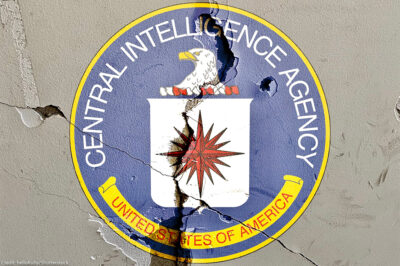Secretary Of Defense Says Americans Should Not See Torture Photos
ACLU Says Actions Stifle Transparency and Accountability
FOR IMMEDIATE RELEASE
CONTACT: (212) 549-2666; media@aclu.org
WASHINGTON – In a brief filed late Friday night, Secretary of Defense Robert Gates invoked his authority to block the release of photos depicting the abuse of detainees in U.S. custody overseas. The photos are the subject of an American Civil Liberties Union lawsuit seeking their release. Secretary Gates was granted the authority to exempt certain images from the Freedom of Information Act (FOIA) as part of a new law signed by President Obama last month.
“We are disappointed that Secretary Gates has invoked new legislation to keep the torture photos secret,” said Jameel Jaffer, Director of the ACLU National Security Project. “These photos are an important part of the historical record and they are crucial to the ongoing debate about accountability. In withholding the photos, Secretary Gates has cited national security concerns, but no democracy has ever been made stronger by suppressing information about its own misconduct.”
An amendment to a Homeland Security appropriations bill passed at the end of last month grants the Department of Defense the authority to suppress certain photographs deemed harmful to national security. Secretary Gates’ decision invokes the authority of the amendment, but his certification is categorical with respect to all of the photos and fails to provide the individualized assessment that the amendment’s language requires and also fails to provide any basis for the claim that disclosure of the photos would harm national security.
The ACLU plans to file a responsive brief. The organization had previously sent a letter to Secretary Gates urging him not to exercise the authority to suppress the photos in its case, stating that the photos “are of critical relevance to an ongoing national debate about accountability.”
“The government’s argument for suppression of the photos sets a dangerous precedent – that the government can conceal evidence of its own misconduct precisely because the evidence powerfully documents gross abuses of power and of detainees,” said Alex Abdo, a legal fellow with the ACLU National Security Project. “This principal is fundamentally anti-democratic. The American public has a right to see the evidence of crimes committed in their name.”
More information about the ACLU’s FOIA litigation is at: www.aclu.org/accountability
Stay Informed
Every month, you'll receive regular roundups of the most important civil rights and civil liberties developments. Remember: a well-informed citizenry is the best defense against tyranny.


